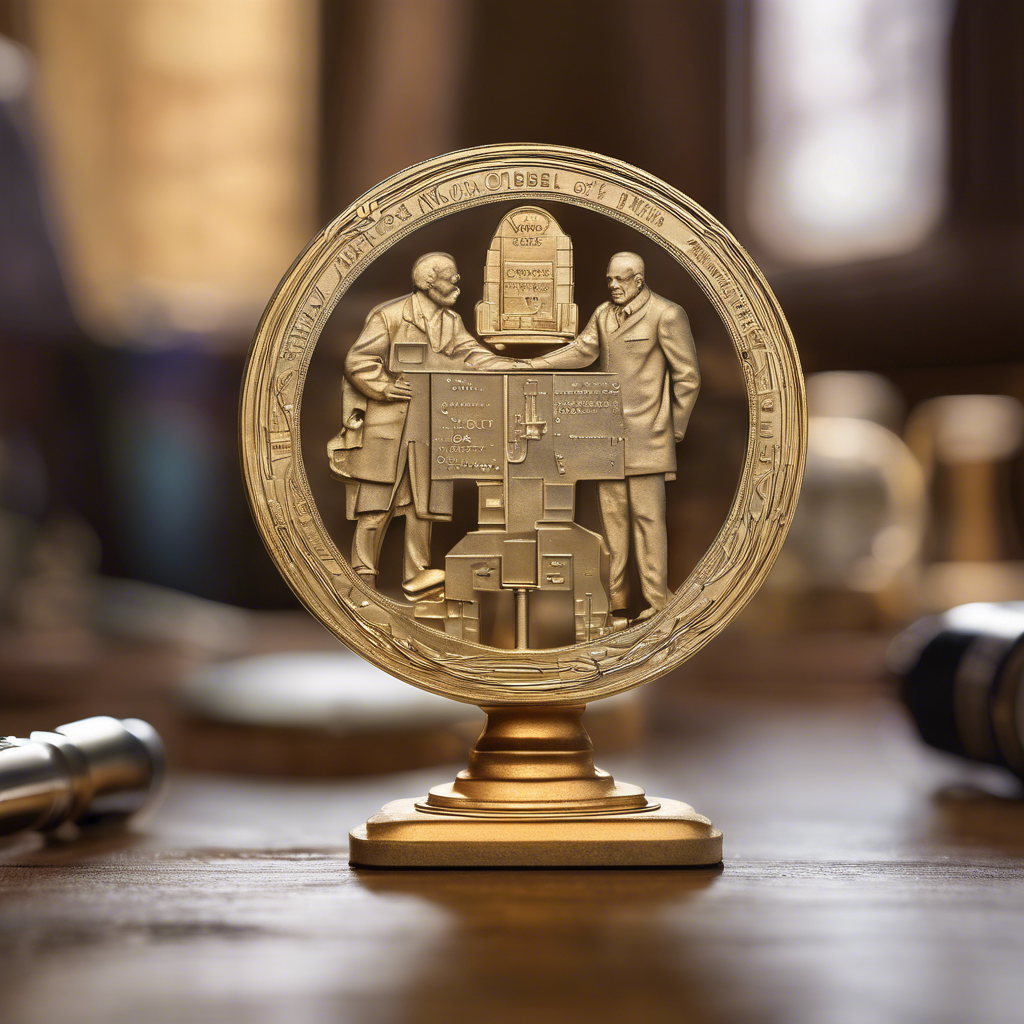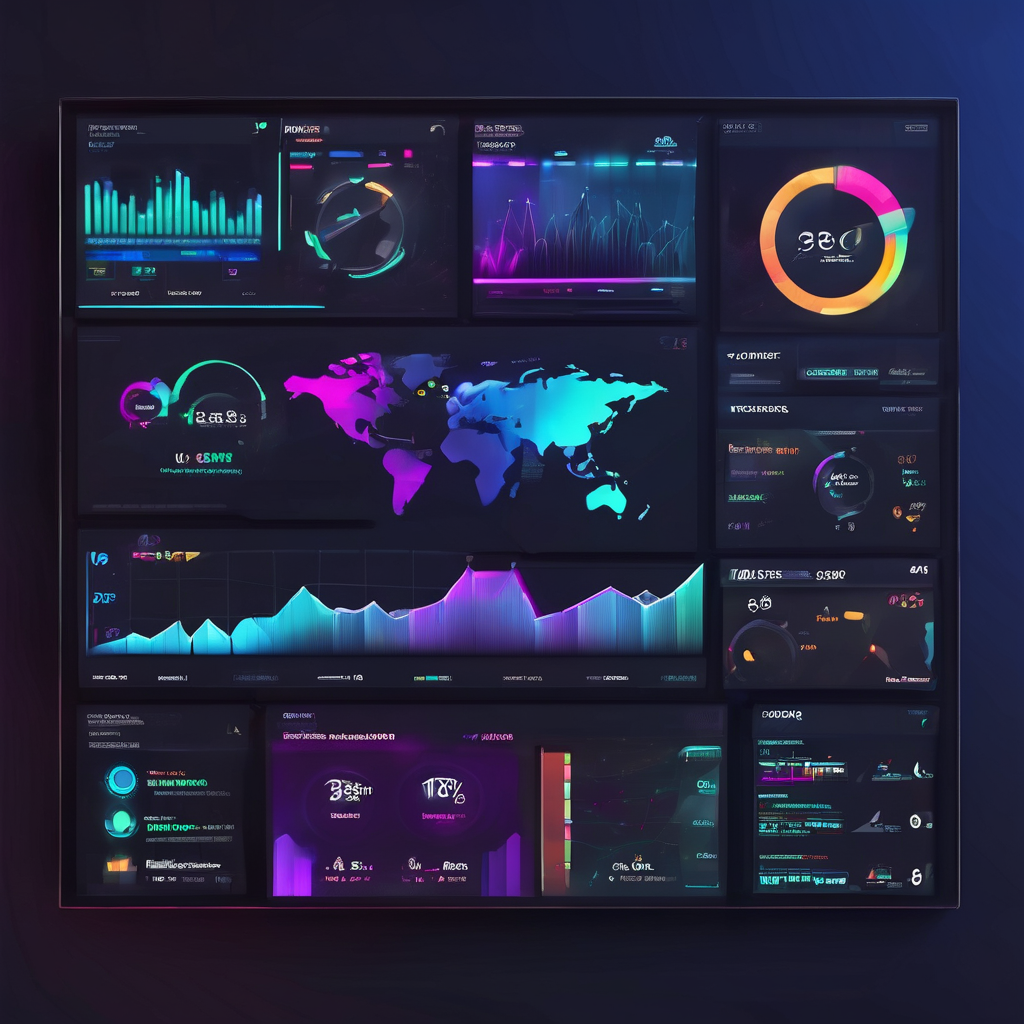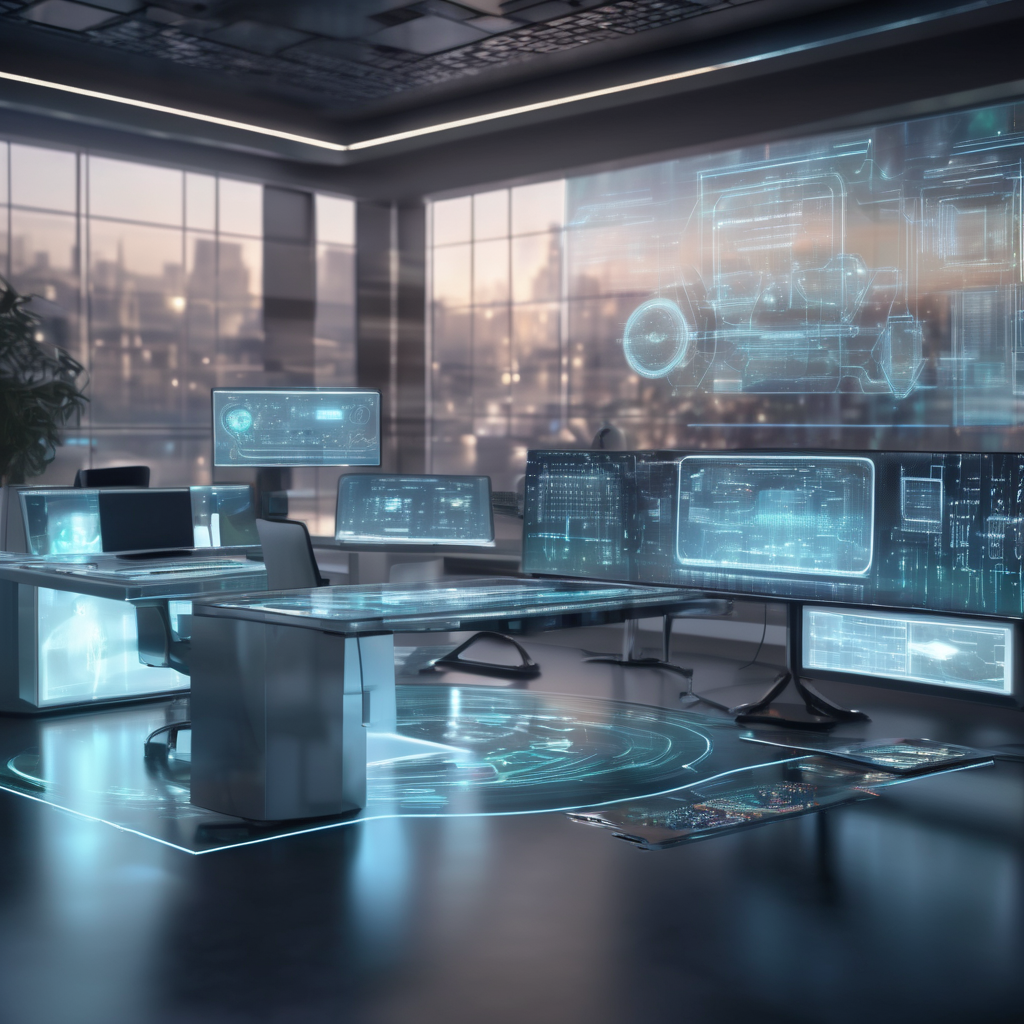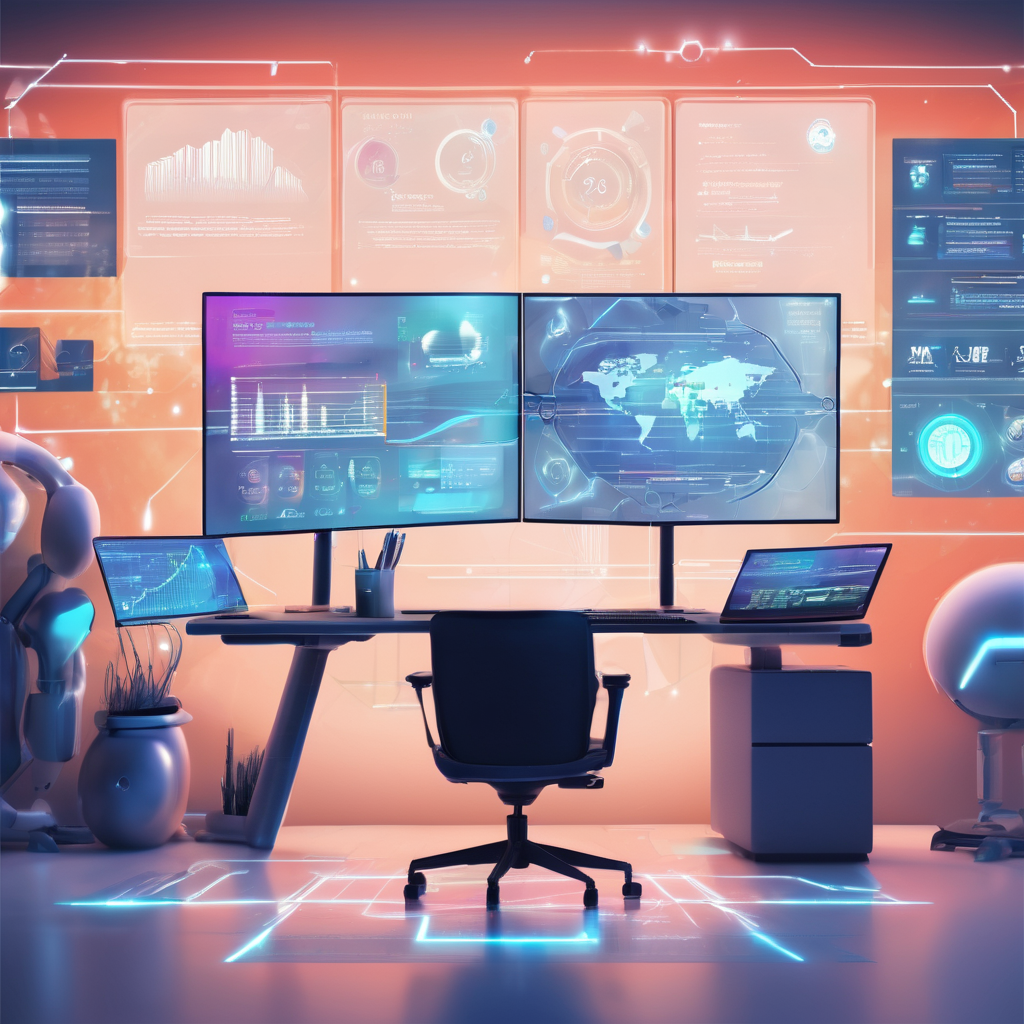
The Nobel committees acknowledged the significant impact of artificial intelligence (AI) in this year's awards, honoring neural network pioneers in physics and developers of computational tools for protein study in chemistry. However, some researchers expressed dissatisfaction post-announcement. Physicists criticized the recognition of Geoffrey Hinton and John Hopfield, arguing that their work, although influential in machine learning, doesn't align with traditional physics. Jonathan Pritchard, an astrophysicist, remarked on social media that such advancements should not be classified as physics discoveries. Sabine Hossenfelder echoed these sentiments, emphasizing that this was a missed opportunity for physics to shine. Conversely, others viewed the interdisciplinary nature of Hopfield and Hinton's work as deserving of recognition. Theoretical physicist Matt Strassler noted that their research bridges physics, mathematics, computer science, and neuroscience.
Science writer Anil Ananthaswamy pointed out that while not pure theoretical physics, their techniques are grounded in physics concepts like energy. The relationship between physics and machine learning has evolved, with physics methods re-emerging to explain complex deep-learning systems, as highlighted by Lenka Zdeborová. Giorgio Parisi, a 2021 Nobel laureate, suggested that the physics Nobel should embrace broader scientific realms. Computer science appeared to further establish its Nobel significance when Demis Hassabis and John Jumper, creators of the AlphaFold AI system for protein-folding predictions, received part of the chemistry Nobel. David Baker, who contributed to protein design without machine learning, shared the award. This prize honors AI's disruptive potential but also recognizes ongoing advancements in structural biology, according to David Jones from University College London. Jumper emphasized that AlphaFold's success stemmed from a thorough research process, integrating existing knowledge about proteins rather than simply applying AI. The availability of extensive protein structure data was crucial to AlphaFold's development, highlighting the collaborative nature of scientific progress.
Nobel Acknowledges AI's Impact in Physics and Chemistry Awards


C3.ai, a leading enterprise artificial intelligence software provider, has announced a major restructuring of its global sales and services organization to boost operational efficiency and better align resources with long-term growth goals.

Snack manufacturer Mondelez International is utilizing a newly developed generative artificial intelligence (AI) tool to drastically cut costs in marketing content creation, achieving a 30% to 50% reduction in production expenses, according to a senior company executive.

South Korea is poised to make a major advancement in artificial intelligence by planning to build the world’s largest AI data center, with a power capacity of 3,000 megawatts—about three times larger than the existing "Star Gate" data center.

In August 2025, OpenAI announced a major milestone: ChatGPT, its advanced conversational AI platform, had reached an impressive 700 million active weekly users.

Krafton, the well-known publisher behind popular games like PUBG and Hi-Fi Rush, is undertaking a bold strategic transformation by integrating artificial intelligence (AI) into almost every aspect of its operations.

The rise of AI-generated video content has sparked significant discussion in the digital media industry, bringing urgent ethical concerns to the forefront.

Artificial intelligence (AI) is becoming an essential tool for improving user experience and engagement through advanced search engine optimization (SEO) techniques.
Launch your AI-powered team to automate Marketing, Sales & Growth

and get clients on autopilot — from social media and search engines. No ads needed
Begin getting your first leads today